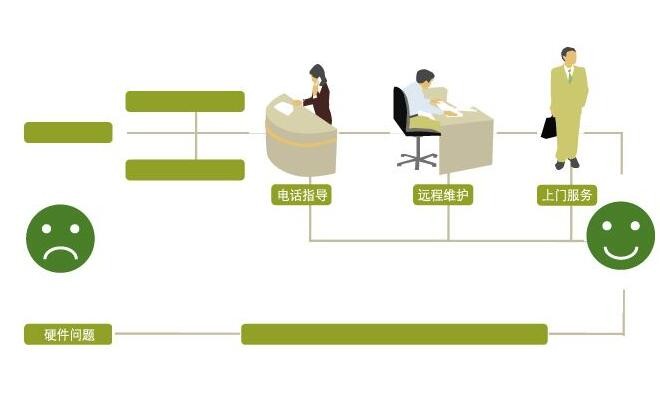The English language is incredibly perse, with words derived from various languages and constantly evolving over time. Curiosity about the total number of English words is common among language enthusiasts and learners. While it is difficult to determine an exact count, estimates vary widely. In this article, we will explore this fascinating topic and delve into the factors that make determining the number of English words a challenging task.

Counting words in any language is not a straightforward task, and English is no exception. One challenge lies in defining what constitutes a word. Should every variation, synonym, or different form of a word be counted inpidually? There is no definitive answer, as it largely depends on the purpose and context. However, even with this ambiguity, researchers and lexicographers have attempted to estimate the number of English words.

Linguist Paul Payack, founder of the Global Language Monitor, claimed that English had over one million words in 2011. However, many linguists argue that this arbitrary figure includes outdated, obsolete, or rarely used words. Merriam-Webster's Third New International Dictionary, which includes words up until the mid-20th century, lists around 475,000 entries. Oxford English Dictionary (OED), considered a comprehensive resource, contains approximately 170,000 words in current use. These significant discrepancies emphasize the difficulty in arriving at a precise number.

Moreover, English is a living language, constantly evolving and incorporating new words. With the advent of technology, new scientific discoveries, and cultural influences, the English lexicon continues to expand rapidly. Everyday usage, slang, and jargon further add to the complexity of counting all English words.

English has borrowed extensively from other languages throughout its history. Latin, French, German, and Greek are among the most significant contributors. This borrowing adds richness and persity to English vocabulary.

Latin, for example, has had a profound impact on English due to the influence of the Roman Empire. Many technical and scientific terms, as well as legal and medical terminology, have Latin roots. French has also greatly contributed to English vocabulary since the Norman conquest in 1066. Countless French words related to food, art, fashion, and government have become an integral part of the English lexicon.

The German language has influenced English through its contributions in the fields of philosophy, science, and technology. Words such as "zeitgeist," "schadenfreude," and "über" have been adopted into English vocabulary. Additionally, English has borrowed extensively from Greek, especially in scientific, medical, and academic contexts.

Another factor contributing to the abundance of English words is the use of compound words and word formation. English allows for the creation of new words by combining existing words or adding prefixes and suffixes. For example, "soft" and "drink" can be combined to form "soft drink," and the addition of the suffix "-er" to "teach" creates "teacher."

The flexibility and creativity in forming compound words and word derivatives allow English speakers to constantly generate new vocabulary. This process expands the language and contributes to the challenge of counting all English words accurately.

Moreover, English has a vast collection of idiomatic expressions, proverbs, and phrasal verbs that make it unique. These linguistic constructs often exhibit a figurative or metaphorical meaning that cannot be deduced from the inpidual words. Including these idiomatic expressions in the count further increases the complexity of determining the total number of English words.

While it is intriguing to ponder the exact number of English words, it is important to recognize the limitations of such an endeavor. Counting every English word, including variations, derivatives, and idiomatic expressions, would require an exhaustive analysis, which is practically impossible.

Moreover, English continues to evolve, adapt, and absorb new vocabulary from various sources. As new technologies emerge, cultural shifts occur, and new slang develops, the English language expands to accommodate these changes. This ever-growing nature of English makes it impossible to provide a definitive answer to the question of how many English words exist.

Although the exact number of English words remains elusive, it is evident that English is a vast and ever-growing language. The difficulty in defining what constitutes a word, the influence of borrowed words, compound words, and the dynamic nature of language all contribute to the challenge of counting the total number of English words. Rather than focusing on an exact count, it is more valuable to appreciate the richness and persity of the English language, and to embrace its continuous evolution.
标题:多少的英文有几个(How Many English Words are There Discover the Surpr
地址:http://www.hmhjcl.com/kongqinen/111527.html

